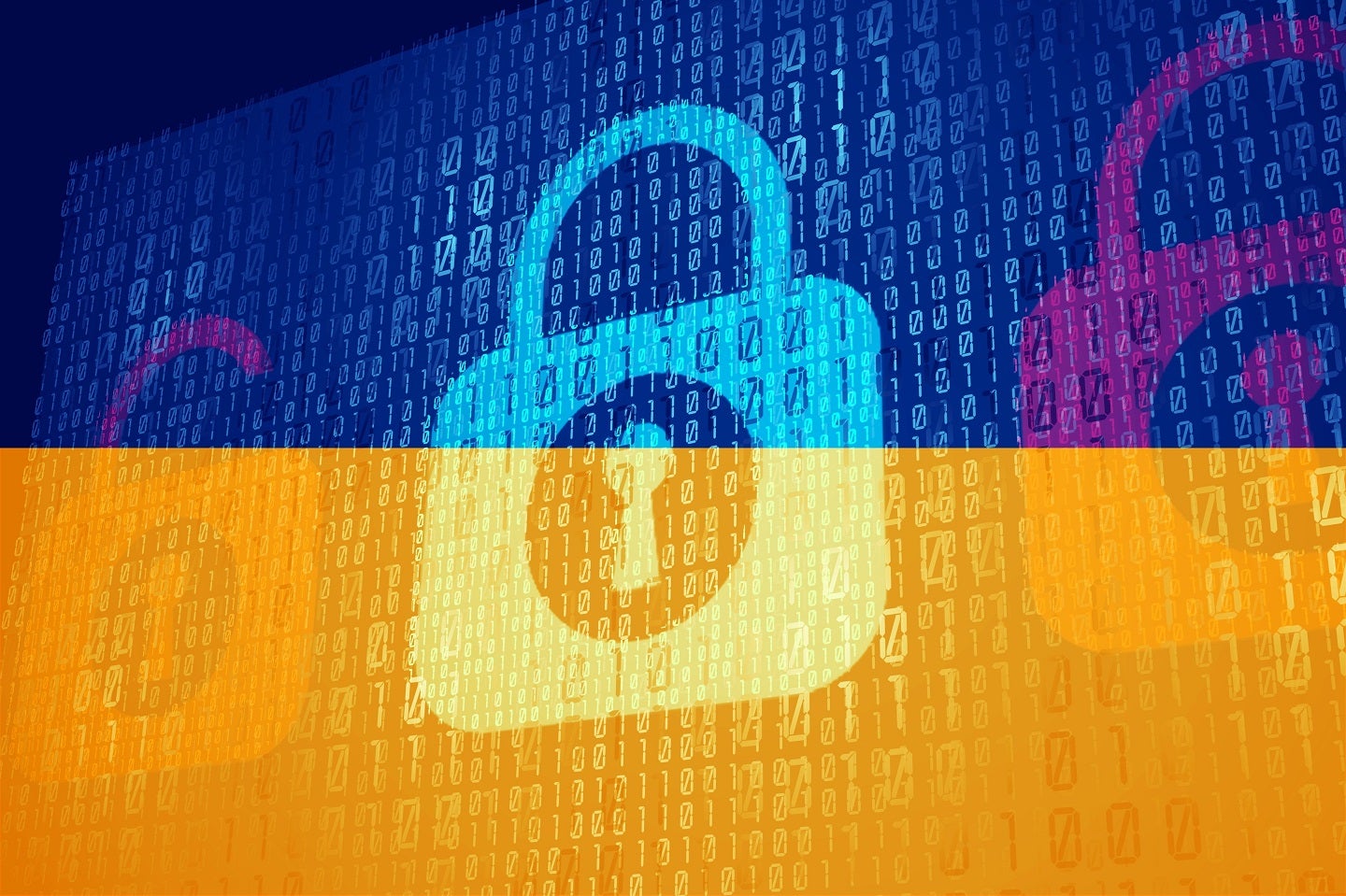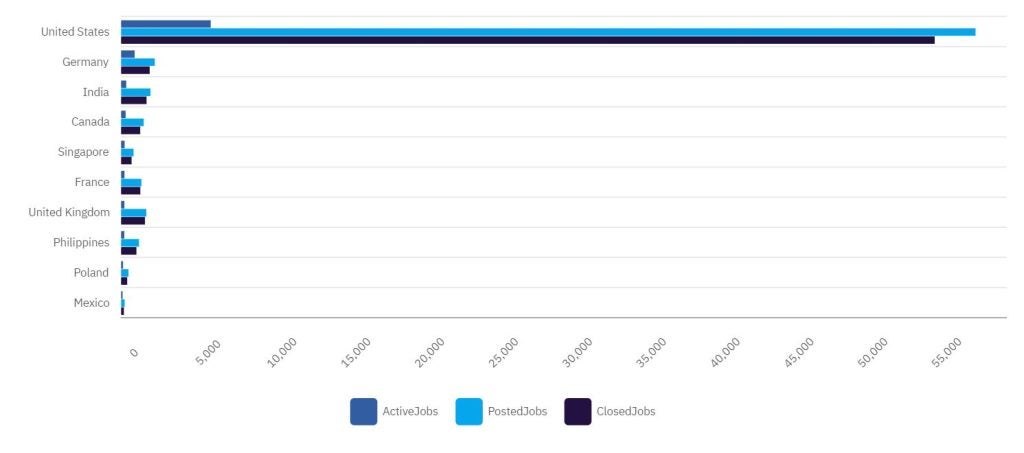
In a display of cybersecurity strength, Ukraine’s State Security Service (SSU) repelled a series of Russian cyber attacks on the national mobile operator Kyivstar.
Amidst the cyber warfare, the SSU restored Kyivstar’s operations and thwarted subsequent attacks, showcasing the nation’s resilience against cyber threats. As the SSU continues to investigate the intricate hack orchestrated by Russia’s Sandworm hacking group, the ripple effect is seen globally in an upsurge of cybersecurity jobs, particularly in countries allied with Ukraine.
According to data from the GlobalData Jobs Analytics Database, cybersecurity jobs in the aerospace, defence, and security industry have surged, with significant contributions from nations such as the United States, Germany, Canada, the United Kingdom, and Poland, reflecting their commitment to bolstering cybersecurity amid Russia’s growing threat.
The cyber battlefield took centre stage as Illya Vitiuk, head of the SSU Cyber Security Department, revealed the defence against Russia’s cyber onslaught on Kyivstar. Beyond restoring operations, the SSU prevented further attacks, countering the enemy’s attempts to keep the population disconnected.
The Sandworm hacking group, a unit of Russia’s military intelligence notorious for past cyber attacks on Ukrainian targets, orchestrated the large-scale assault, impacting civilian infrastructure.
In the wake of this cyber warfare, the GlobalData Jobs Analytics Database highlights a surge in cybersecurity jobs across the aerospace, defence, and security industries. Analysing data from the start of Russia’s invasion – February 24, 2022, to January 3, 2024, the database reveals a notable increase in cybersecurity roles in countries actively supporting Ukraine’s defence against Russian aggression.
The United States, Germany, Canada, the United Kingdom, and Poland, significant contributors of military aid to Ukraine, lead the charge, with the US providing 69% of cybersecurity jobs.

A closer look at the job analytics shows a surge in specific occupations, with aerospace engineers witnessing a 386% increase, electrical and electronics engineers with a 368% rise, and computer support specialists experiencing a 208% growth.
These trends underscore the global response to the evolving threat landscape as nations allied with Ukraine invest in cybersecurity to fortify their defences against cyber warfare, mirroring the SSU’s resilient stand against Russian cyber attacks.
Our signals coverage is powered by GlobalData’s Thematic Engine, which tags millions of data items across six alternative datasets — patents, jobs, deals, company filings, social media mentions and news — to themes, sectors and companies. These signals enhance our predictive capabilities, helping us to identify the most disruptive threats across each of the sectors we cover and the companies best placed to succeed.



